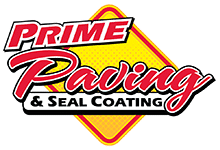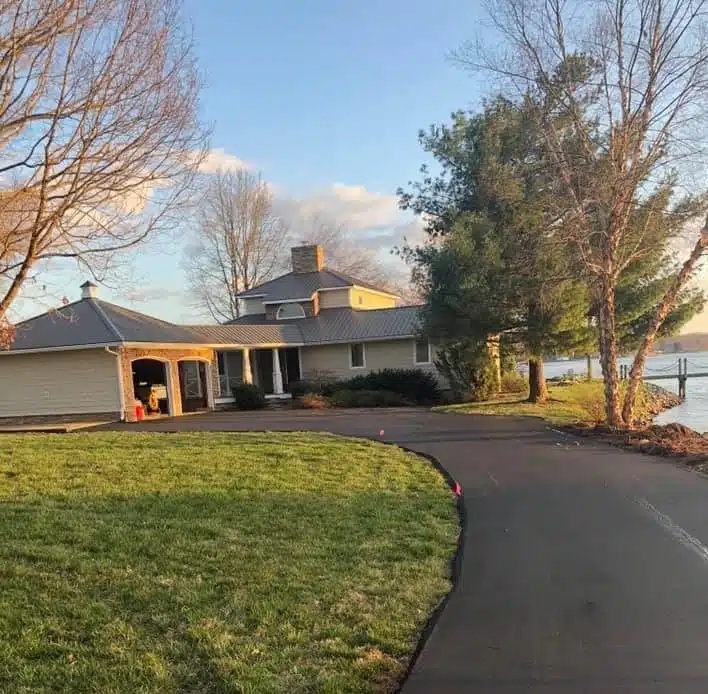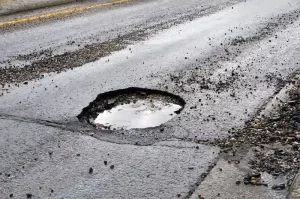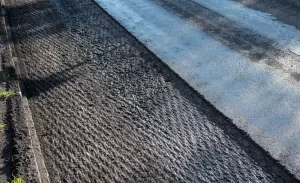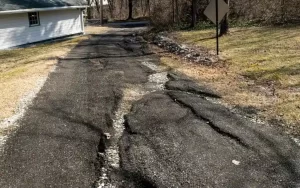Updated: 07/05/2024
Driveways and parking areas represent a significant initial investment, yet they do not last indefinitely. A well-executed paving project can serve a property owner up to 20 years. However, the materials will inevitably deteriorate due to weather conditions and the wear and tear of heavy vehicles. This often raises the question: should you patch or repave your driveway?
Understanding Pavement Deterioration
Pavement deterioration is primarily caused by water infiltration. Water seeps into the pavement, and the recurrent freezing and thawing cycles, combined with the constant pressure from vehicles, lead to the breakdown of the pavement components. This deterioration manifests as surface cracks, divots, material crumbling, holes, or alligator cracking (a pattern resembling alligator skin). While it might seem cost-effective to delay addressing these issues, timely maintenance is crucial for prolonging the life of your pavement.
When to Patch
A liquid sealer can provide an effective fix for surface cracks that are only ¼ inch deep or wide. Cracks wider or deeper, however, may indicate more severe underlying issues. Small holes or divots can be repaired using patch material, which should be compacted to the level of the surrounding pavement. Applying weight, such as parking a vehicle over a plywood-covered patch, can help achieve a proper seal. Although patching is a temporary solution and may not look aesthetically pleasing, it can extend the life of your driveway for two to three years. However, water will eventually infiltrate again, restarting the deterioration process.
When to Repave
Age is the most critical factor in deciding whether to patch or repave your driveway. Pavement is typically expected to last around 20 years. If your driveway is nearing this age or has exceeded it, repaving is likely the better choice. Once the pavement has reached its lifespan, patching ceases to be cost-effective.
A key indicator that repaving is necessary is the presence of alligator cracking. This type of cracking suggests that the pavement’s supportive base is failing. It is advisable to consult a reputable professional to assess the damage and recommend appropriate action at this stage.
Repaving is also beneficial if you are preparing to sell your home, as it can enhance the property’s curb appeal and increase its value.
Alternative Solutions: Resurfacing
A middle-ground option for property owners is resurfacing through milling or overlay. Professional contractors can remove the top layer of asphalt while leaving the subbase intact and then apply a new top layer. This method is cost-effective if the subbase remains solid and is not compromised by water movement. However, it should be discussed with an experienced contractor to ensure it is a viable option for your specific situation.
Conclusion
While there are several ways to extend the life of your driveway, such as patching and sealing, these are only temporary solutions. Eventually, the driveway will need to be replaced. Environmental factors and the specific weather conditions of your area will significantly impact the longevity of your pavement. If you observe alligator cracking or if your driveway has reached its expected lifespan, it is imperative to seek professional advice.
Maintaining your driveway is an ongoing process. Regular inspections and timely repairs can save money in the long run and ensure the longevity of your investment.
